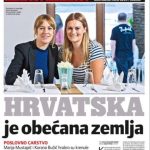May 20, 2019 – The 2nd International Conference on Croatian Diaspora Tourism took place in Split last week. It was an inspiring – and thought-provoking – few days.
It was quite an event.
And, a couple of days later, I am still trying to collect my thoughts, as are several participants I spoke to.
A wave of emotions, inspirations, discoveries and great company.
https://www.youtube.com/watch?v=n5YkWqdEmq0
And I am not even Croatian, so I can only imagine what it was like for the rest.
Let me start by saying that if I had to choose a team to build a country, I would go for the Croatian diaspora. The majority left the country with little more than the shirts on their backs, and yet have over-performed in their adopted countries, to such an extent that they have among the highest per capita income in the world.
That same passion and determination to succeed that the world witnessed on the football pitches of Russia last year was in evidence at this Croatian diaspora conference. As a Brit who has spent much of his life abroad apologising for the colonial misdeeds done in my name, I find it refreshing, as well as inciting small pangs of jealousy.
They came from Australia, Canada, the USA, Venezuela and all over Europe, with the same desire to reconnect with the Homeland. A diaspora which is spread all over the world, having emigrated at different stages in history, and for different reasons.
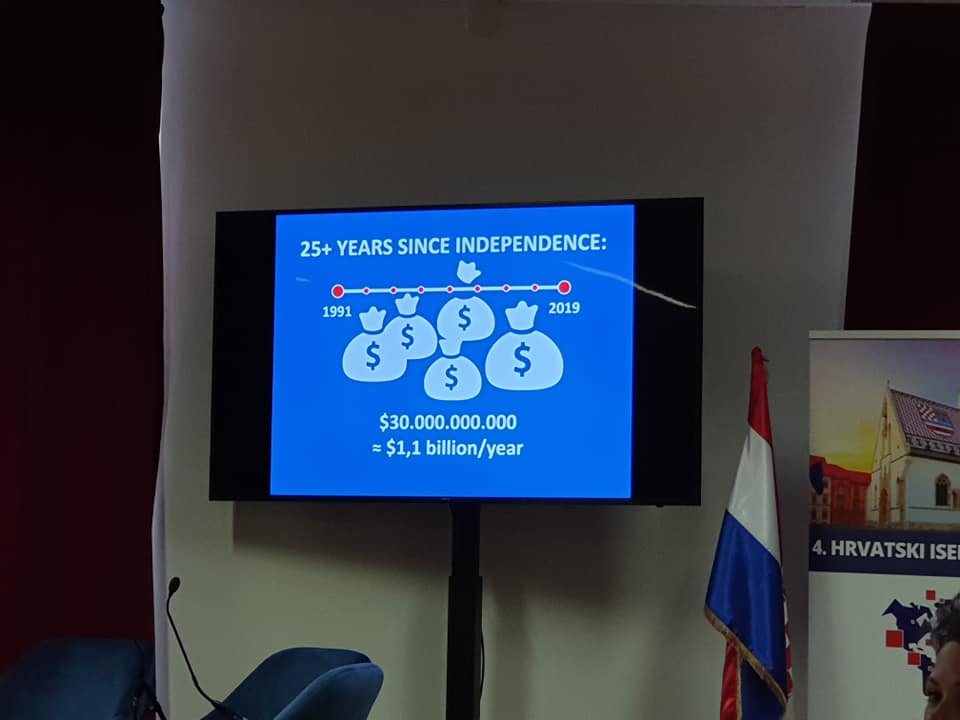
A generous diaspora, which has sent more than 30 billion euro back to Croatia in the 25+ years since independence.
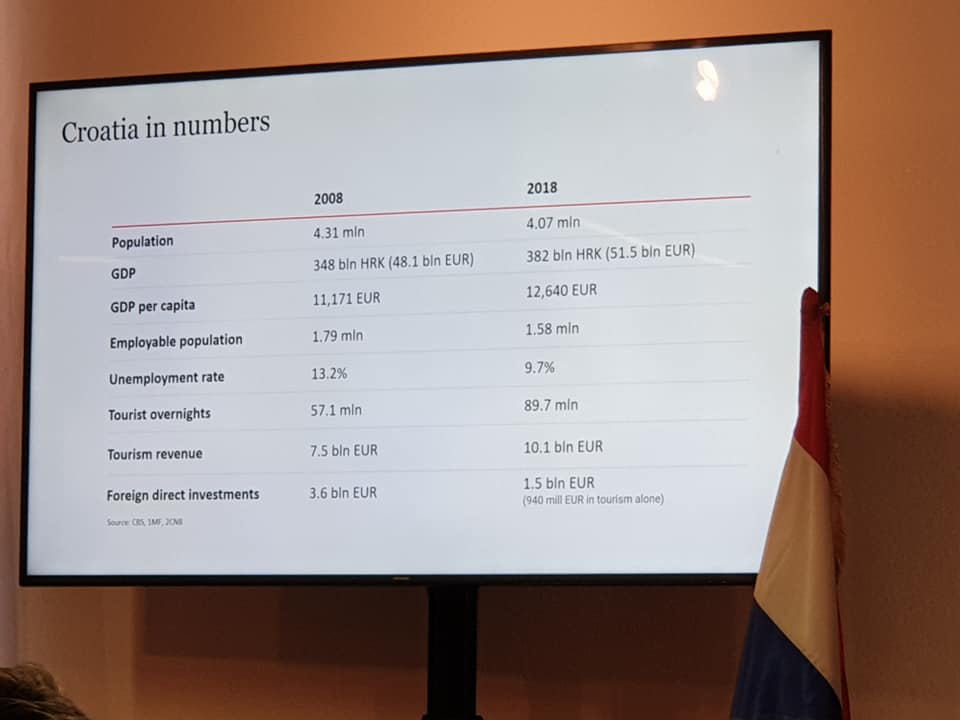
To put that in some kind of perspective, here are the stats for Croatia over the last ten years, above.
It has taken me years to try and understand Croatia and Croatians, and I am not there yet. It would take me a lifetime to understand all the subtleties of the various diaspora groups and their relationships with the Homeland. Let’s just say it is beyond complex. I have also come to learn that TCN, like most things in Croatia, is viewed very differently by different parts of the diaspora. Some of the strongest abuse comes from those who do not appreciate a different viewpoint, while some of the strongest support and gratitude comes from other sections of the diaspora. Apart from being grateful for the opportunity to read daily news about the Homeland, many write to show their appreciation of our open writing about Croatia and its problems, with several commenting that the Croatia they read about on TCN is very different to the Croatia they learn about in their diaspora communities in Australia, Canada and the USA.
They say history is written by the winners, but it is also written by communities in exile for the next generation.
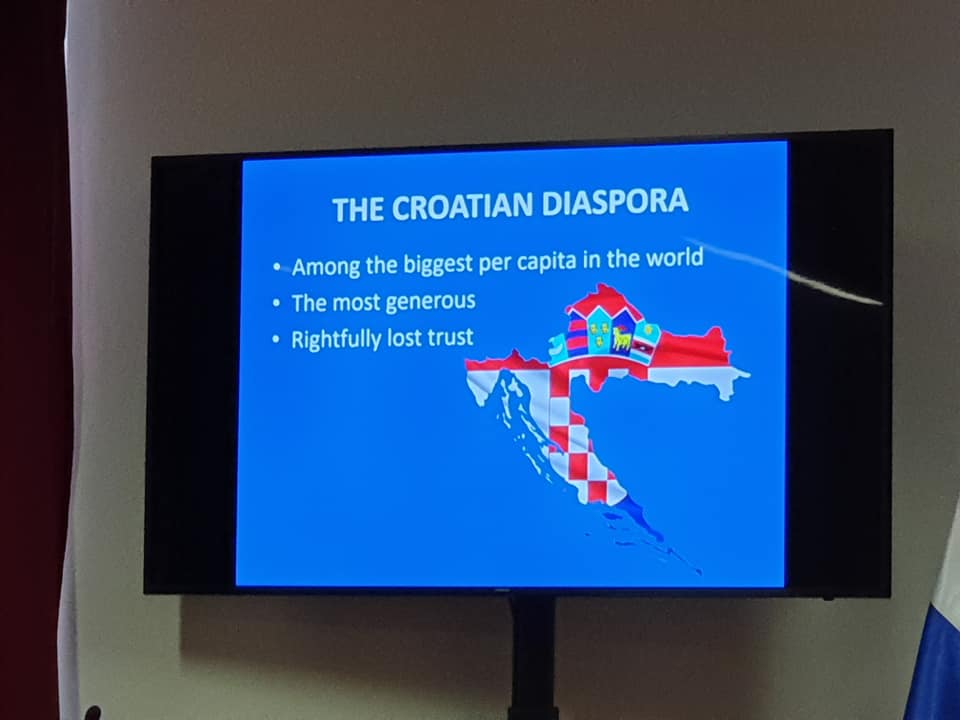
There were so many aspects to this conference to write about, but I want to focus on the core theme of positivity and looking forward, for there was plenty of that.
There was a major effort by the organisers to improve communication channels between those looking to return, and those who have successfully done so, as well as some of the rising stars of the Croatian entrepreneurial world. And this conference was also significant for the fact that for the first time, a senior government minister was fully engaged in the conference. As followers of TCN will know, I have my issues and criticisms of the Ministry of Tourism and Croatian National Tourist Board, but it was great to see Deputy Minister Tonci Glavina, and Head of CNTB Global PR Lucijana Natalija Jerkovic both speaking and fully engaged with the conference – both are very successful returnees.
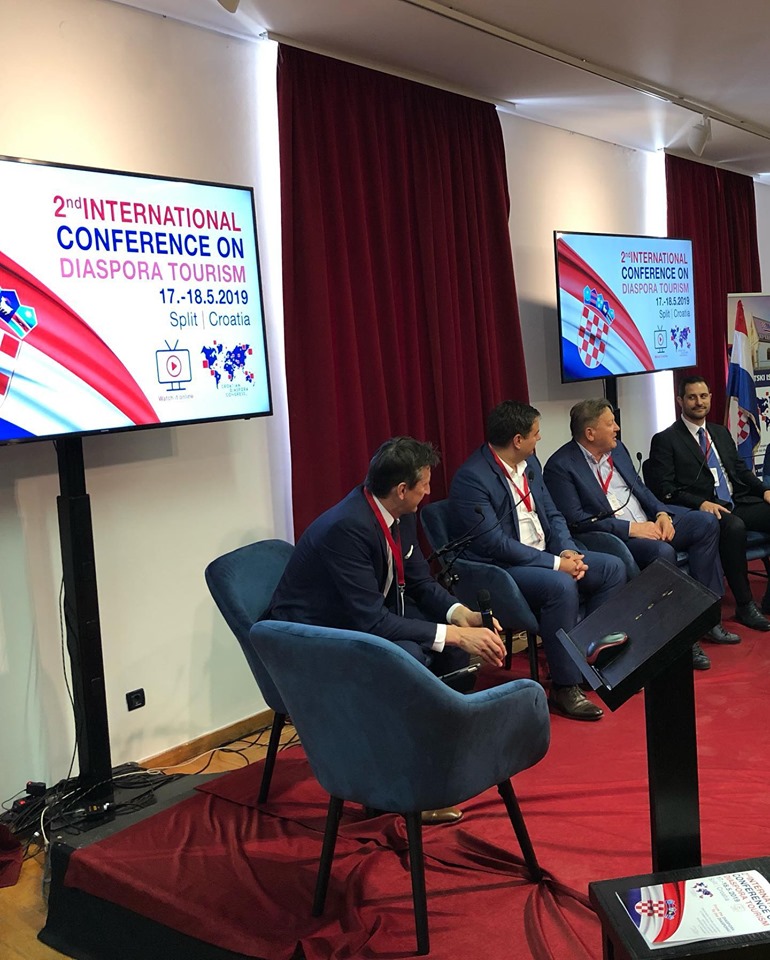
And for those looking to return, the conference – which was live streamed and is available online – there was plenty of inspiring stuff to hear, starting with the opening panel. Joe Basic, the man who brought Ultra Europe to Dalmatia, a returnee from Canada, Marion Duzich, who made his millions in the States before starting a very successful hotel business in Supetar on Brac, John Gasparac from Price Waterhouse Coopers from Canada; and Deputy Minister Glavina, who returned from California.
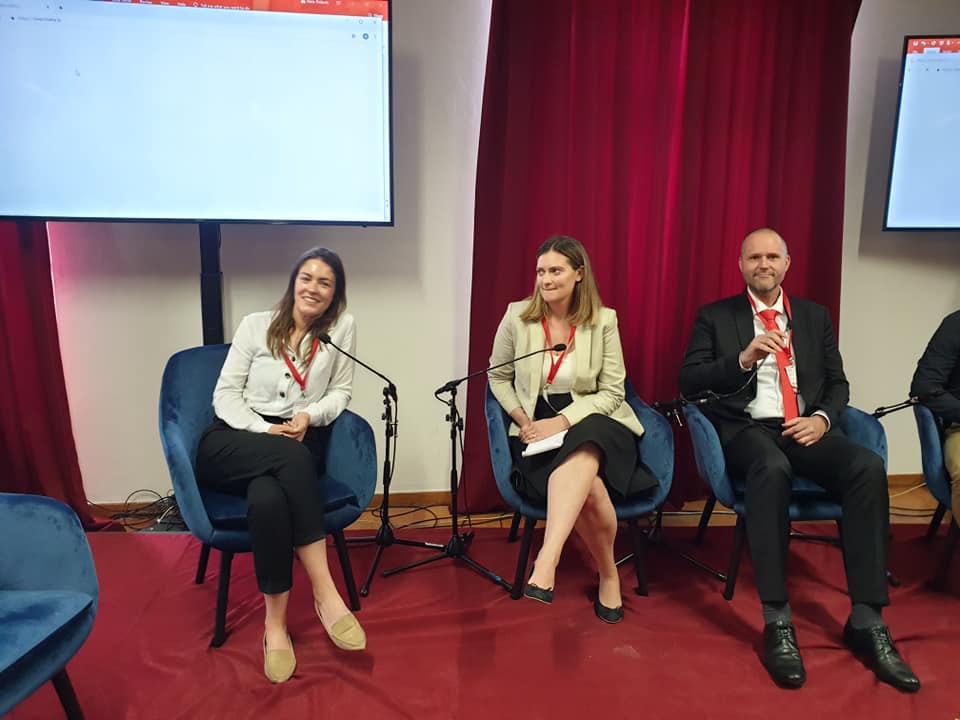
In all, there were about 100 speakers, mostly with successful tales of return. My favourite two ladies from Brasserie on 7 were stars, as they explained how they moved from Sydney to Split as 22-year-olds with an idea to open a hostel. 15 years later, they now have two hostels, two restaurants, a bar, two Croatian husbands, and four children between them. The perfect returnee example of how to succeed.
One of the most popular moments of the conference came when Australian blogger Sarah-Jane Begonja, living near Zadar for 6 years now with her returnee husband, spoke of her experiences, before concluding.
“Croatia is in my heart.”
https://www.youtube.com/watch?v=sdDFtD8yrsk
But perhaps the quote of the conference belonged to one of Croatia’s most successful businessmen – Farmer John, aka Ivan Zdunic:
“People just want to talk about Partisans and Ustase. I don’t want to talk about history, I want to make history.”
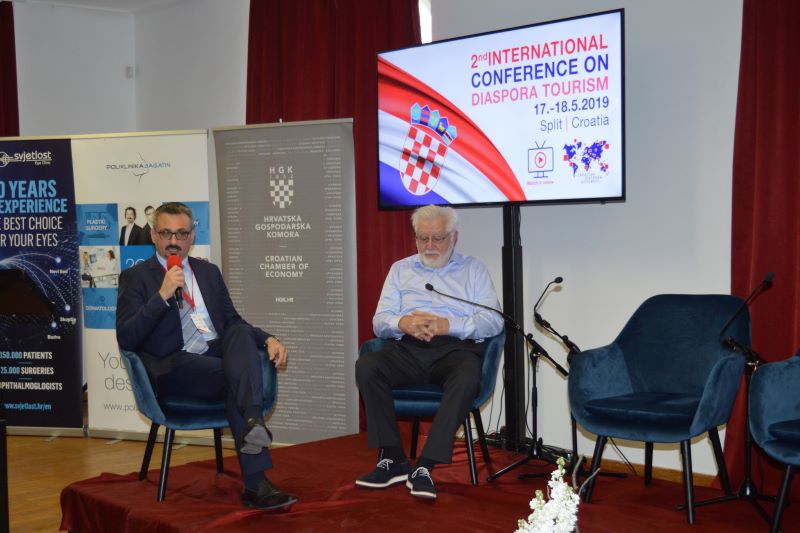
Eugene Brcic Jones, below, gave a brilliant and very candid overview of the perceptions of being an entrepreneur in Australia versus Croatia. He is a two-time returnee, about to launch an Uber-style project which he hopes will go global – www.roomorders.com
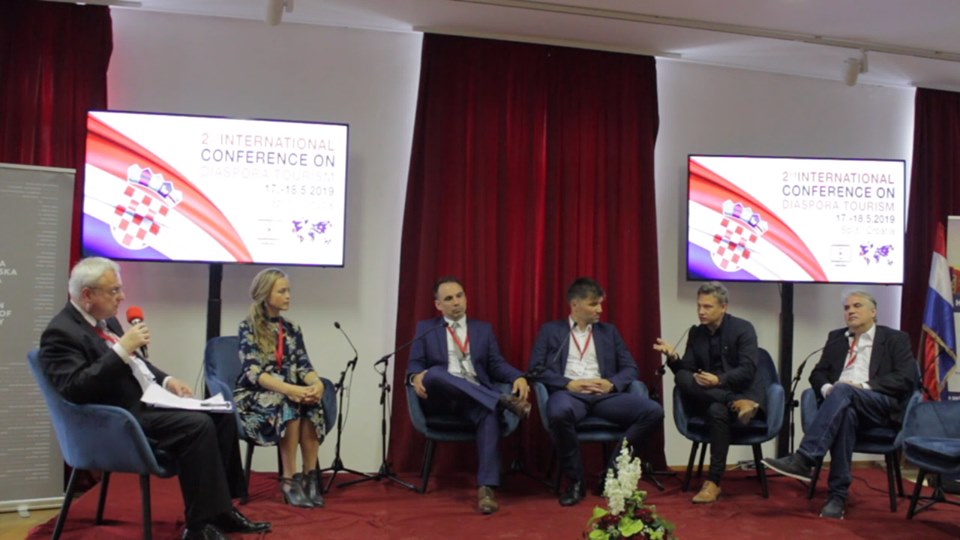
And all the successful returnees had one thing in common. Humility. There were here to work and succeed.
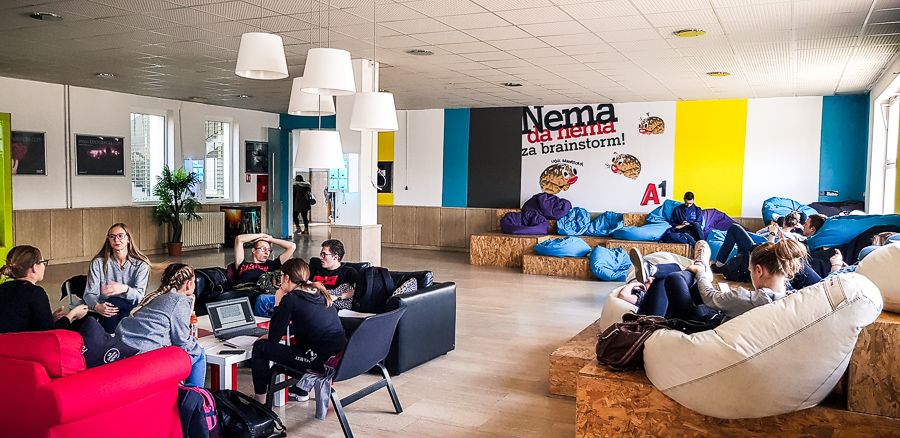
There was a key message of the need to educate people in Croatia, who have been brought up in a country which still has a very socialist mentality. By teaching them free market practices, they can learn how to fish, and not wait to be handed that fish. There are some excellent initiatives from that diaspora in that regard, such as the Tree of Knowledge project TCN covered some time ago, which helps mentor young Croats in entrepreneurial ways.
But education goes both ways, and it was refreshing to hear of one returnee talking of the need to educate returnees that the Croatia today is not the Croatia of the 1940s and 1960s. The more engagement with the rising entrepreneurial class and the sharing of returnee stories – good and bad – will help move the story along.
While I could understand the sentiment of statements such as ‘Only the diaspora can save Croatia,’ I can also understand why people might find such statements more than a little arrogant. After all, there are huge success stories within Croatia – Mate Rimac and Nenad Bakic did not make the list of the Financial Times Top 100 Digital Champions in Europe by waiting for handouts.
https://www.youtube.com/watch?v=JvFz1087niE
But the engagement of the diaspora is crucial for Croatia’s development. That relationship is changing too, with Croatia’s entrepreneurs seeking partnership. I particularly liked the session led by Ante Lucic, himself a returnee, who is doing incredible things with his Cronnect.me project which promotes Croatian startups.
“We are not looking for handouts, and we are not looking for humanitarian aid. We are looking for partnerships.”
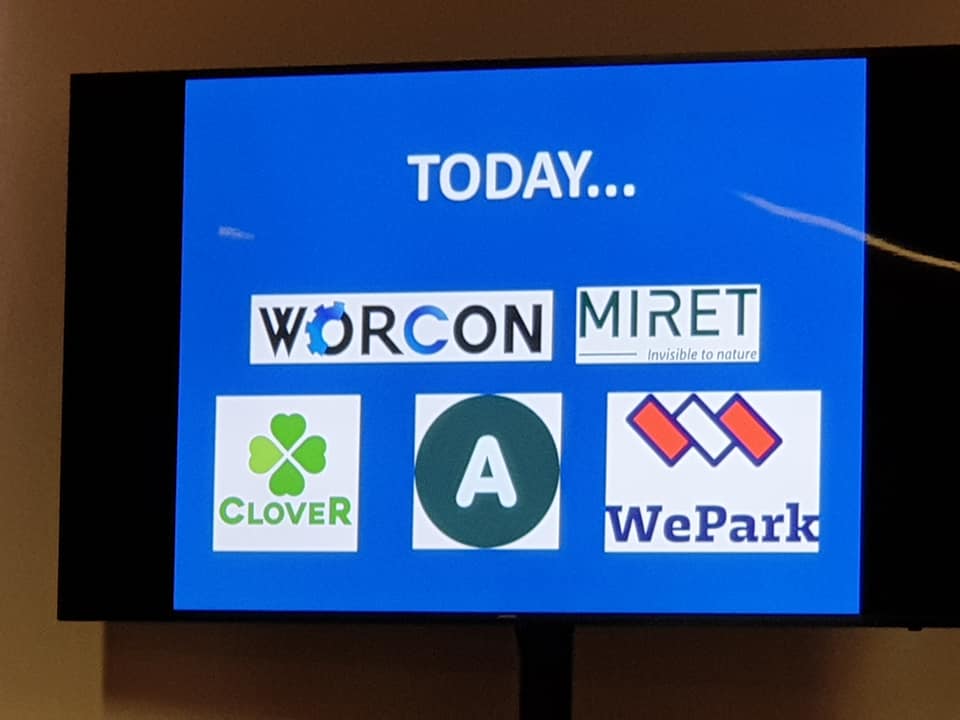
And he proceeded to introduce six incredible startup businesses from Croatia. If I had the money, I would consider investing in four of them.
The health tourism panel was also bubbling with positivity. Conference organiser and health tourism pioneer Ognjen Bagatin, of Bagatin Clinic, repeated his message of how much Croatia and the health tourism industry needs the diaspora, for they are Croatia’s ambassadors. Croatian health tourism is an untapped jewel, one more centre of excellence that could benefit both sides while driving the economy.
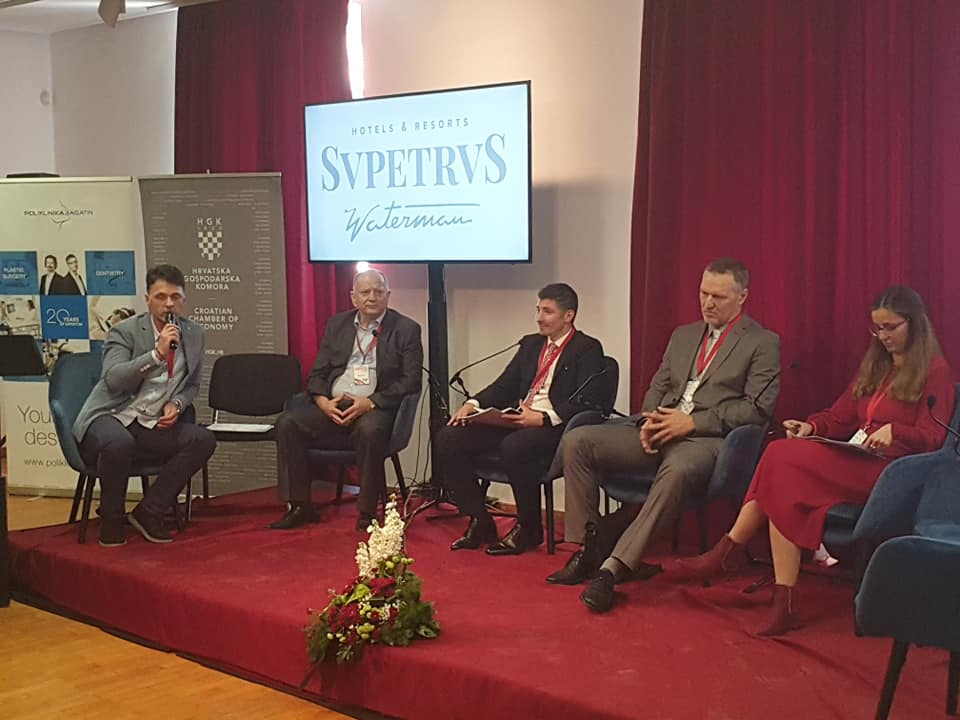
And spare a thought for the idea of fellow panelist Nikica Gabric of Svjetlost, who last month performed eye surgery on Ivanka Trump, the latest positive PR for Croatia’s health tourism industry. Five years ago, he had a thought-provoking idea of stimulating the economy. I am not sure if I have the numbers completely correct, but the idea goes along the lines of this:
Draw a circle with a radius of 500 km from Istria and you will have 64 million pensioners, the majority of whom receive decent pensions and live in more expensive countries. Encourage a small percent of them to enjoy their retirement in a beautiful country with great climate, where their spending power if much bigger. And if they spend 50 euro a day…
I did the maths – 1.5% of them would be 1 million, spending 50 euro a day would be 18 billion a year, or double what tourism currently brings to Croatia.
Lots of ideas, many born in the diaspora, but not all.
One area that was mentioned a lot which I hadn’t fully appreciated was the aversion of the ‘cousins’ for returnees. When explained, it made perfect sense. A lot of the emigrants left from rural areas and so were not so connected to influential people on their return. And so they put their trust in the distant cousins back in the Homeland. And let’s just say the cousin experience was not a great one…
As a foreigner, I am sure I missed tons of nuances, but my take-home was that this is a great initiative with some concrete seeds sown. And by spreading those messages of success and honest lessons learned, this initiative can only develop for the benefit of all.
I look forward to the next diaspora conference, the G2 in Zagreb, in November.
You can follow the latest coverage on the Croatian diaspora in our dedicated TCN section.



